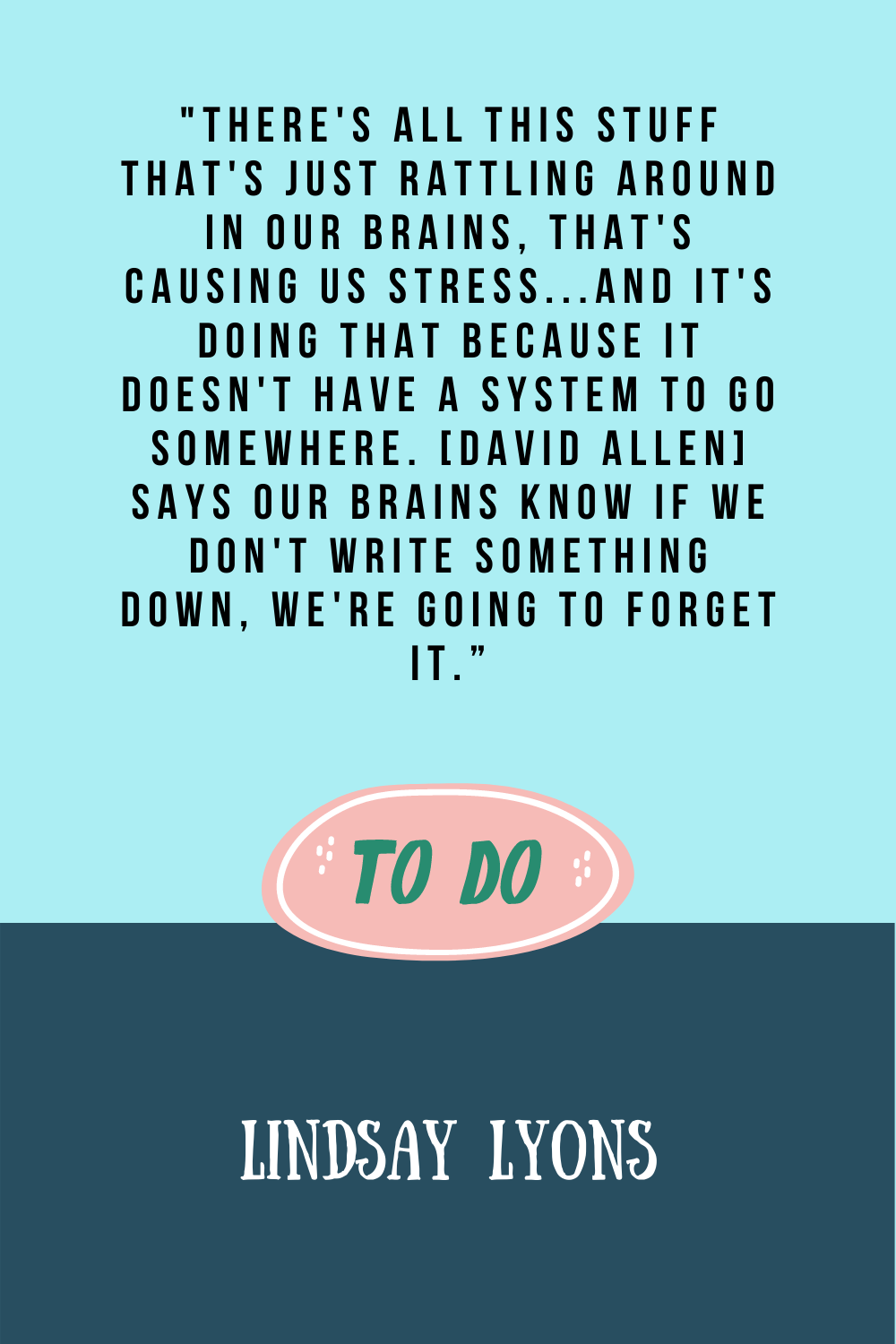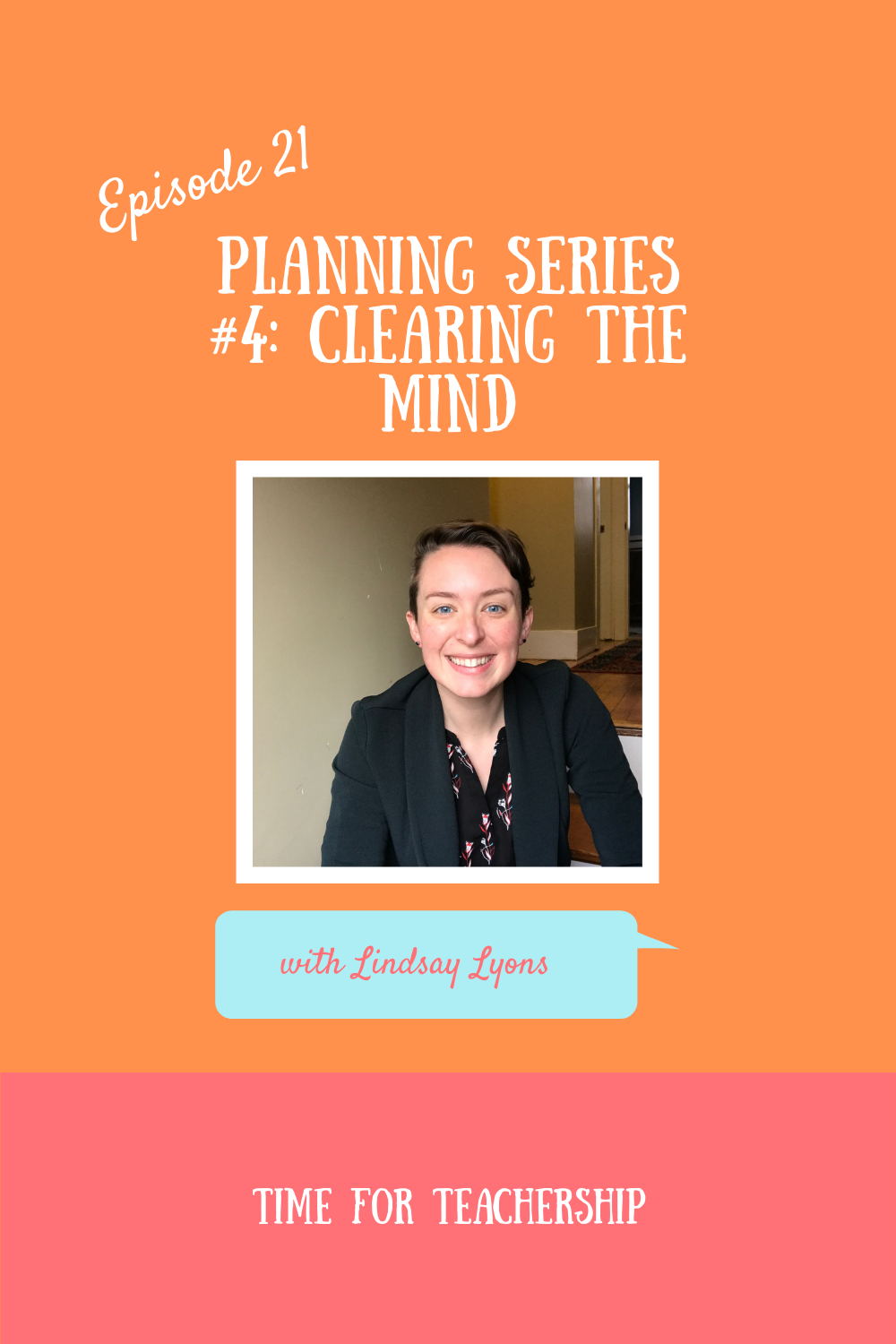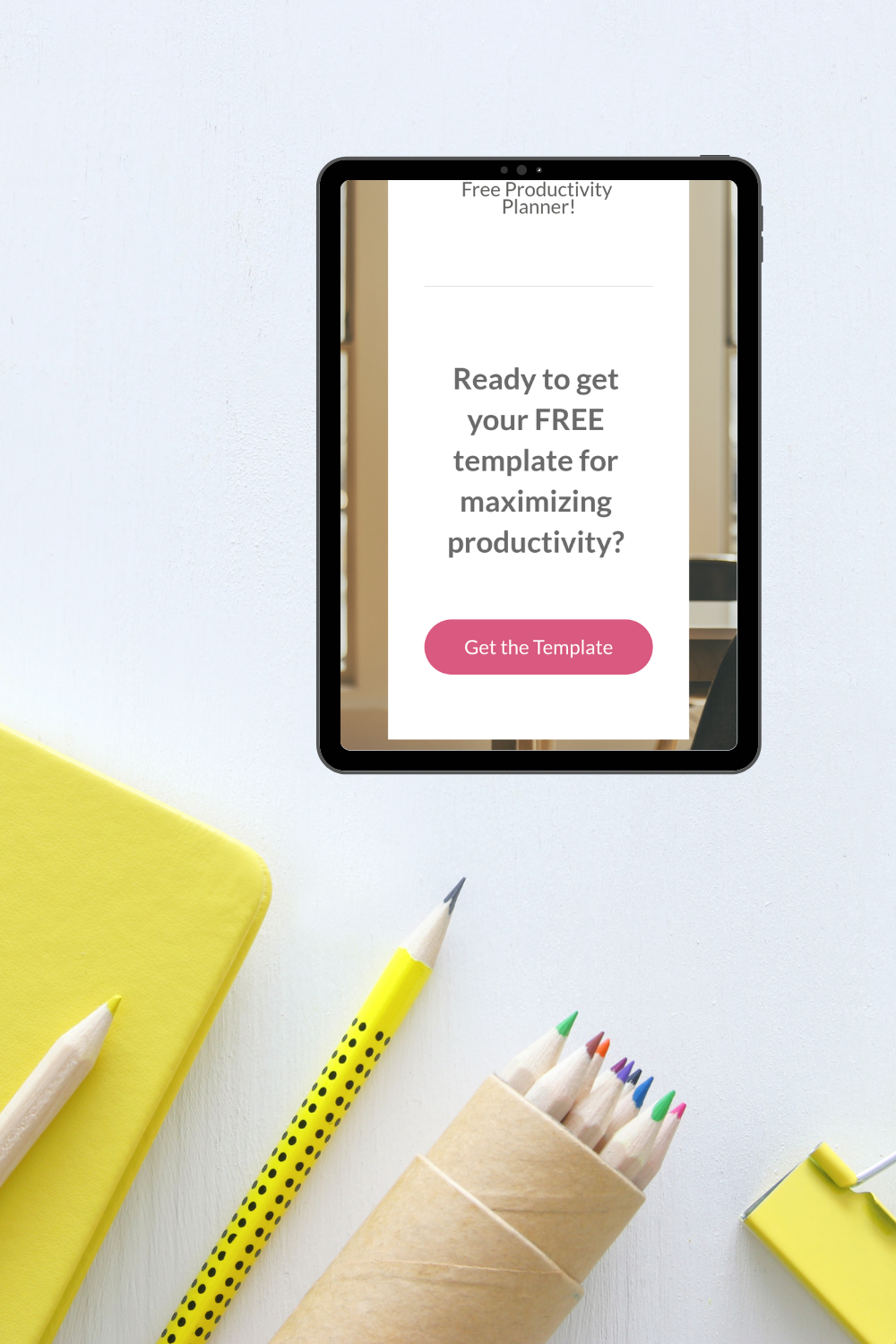|
A clear mind can provide you with so many great benefits. Two big ones that we would all love to have are more energy and more creativity. We want to have a mind that’s not so cluttered with all the crazy to-do lists and worries, but how do we achieve this when there’s so much to think about? Let’s take the same approach as schools who have a 4 day school week or those entrepreneurs that inspire us with their 4 day work week. First you need to figure out what is essential in your work and your goals. Greg McKeown’s podcast episode 23 talks about the magic of a 4 Day Workweek using essentialism. Essentialism is the view that certain properties of things are an essential part of that thing’s identity and function. “By having a culture focused on essentialism, it actually democratizes the workplace.” Ask: What’s essential? Make sure your school leaders are on board with helping you increase your productivity and reduce stress. So the next time your boss asks you to stop what you’re doing for another task, you can ask whether it’s more important than the project you’re trying to get done. This can change the culture and help everyone realize what’s really moving the needle forward. I coached a leader last year who did an exercise with her team to determine what tasks are in alignment with their goals. All it requires is writing on some post-its or a padlet of all things you are doing. Once you’ve done that, categorize what is essential and in line with your purpose and categorize what can be taken off the plate. If it’s something you still want to get done you can move the task to someone else or automate it. Team brainstorming will still have a time and place for you and your team. Just be thoughtful about when that’s most helpful vs. just meeting to meet. A Productivity System David’s Allen’s Getting Things Done approach involves having a place that each idea is documented. To figure out how to document these, he tells us to ask: Is it actionable? If it's not actionable, it goes into a long-term list we look at less frequently. If it is actionable in 2 minutes, do it now. If it will take longer, you can delegate it or defer it (on a next action list or—my favorite—on your calendar. Multi-step actions go in a projects list. “You need no new skills to increase your productivity and reduce your stress—just an enhanced set of systemic behaviors with which to apply them.” - David Allen Here’s my approach:
-Reference - appropriately categorized Doc in relevant folder If your tasks will take less than two minutes, then do it now. But for everything else that takes longer, you can either delegate it or put it into a system that you will come back to next week. It’s good to put those deferred things on the calendar because otherwise, you’re not going to have it fitted into your day like everything else on the calendar. These are all going to contribute to a mind that is more clear. When you have things on your mind, get it onto paper or into your files so that it has a place to go besides taking up valuable space in your brain. David Allen, the creator of Getting Things Done says that 80% of the things you keep thinking of can be resolved with just listing an outcome and next action while the other 15% will require a little brainstorming first. Only the last 5% will take longer project planning steps. This practice is called distributed cognition and it will help you cultivate more creativity overall. To help you get your energy and creativity back in hand, I’m sharing the Productive Planning Template as this week’s freebie. Next week we will talk about advancing wellness in part 5 of the planning series. Also, if you want me to take you on an in-depth walkthrough of how I saved 700 hours of planning time in one year as a teacher, my self paced online course, Work Less Teach More, is now open for enrollment. The course is $197 and I don’t know about you, but my professional and mental wellbeing is worth way more to me than $200. You can enroll today at bit.ly/wltmcourse If you’re a school leader wanting to help your teachers free up the time and energy to tackle big transformative things, you can purchase this course for your teachers as a pilot for one department or grade team or for the whole school. Want to chat to see if the course would be a good fit? Connect with me at [email protected]
0 Comments
Leave a Reply. |
Details
For transcripts of episodes (and the option to search for terms in transcripts), click here!
Time for Teachership is now a proud member of the...AuthorLindsay Lyons (she/her) is an educational justice coach who works with teachers and school leaders to inspire educational innovation for racial and gender justice, design curricula grounded in student voice, and build capacity for shared leadership. Lindsay taught in NYC public schools, holds a PhD in Leadership and Change, and is the founder of the educational blog and podcast, Time for Teachership. Archives
May 2024
Categories |




 RSS Feed
RSS Feed